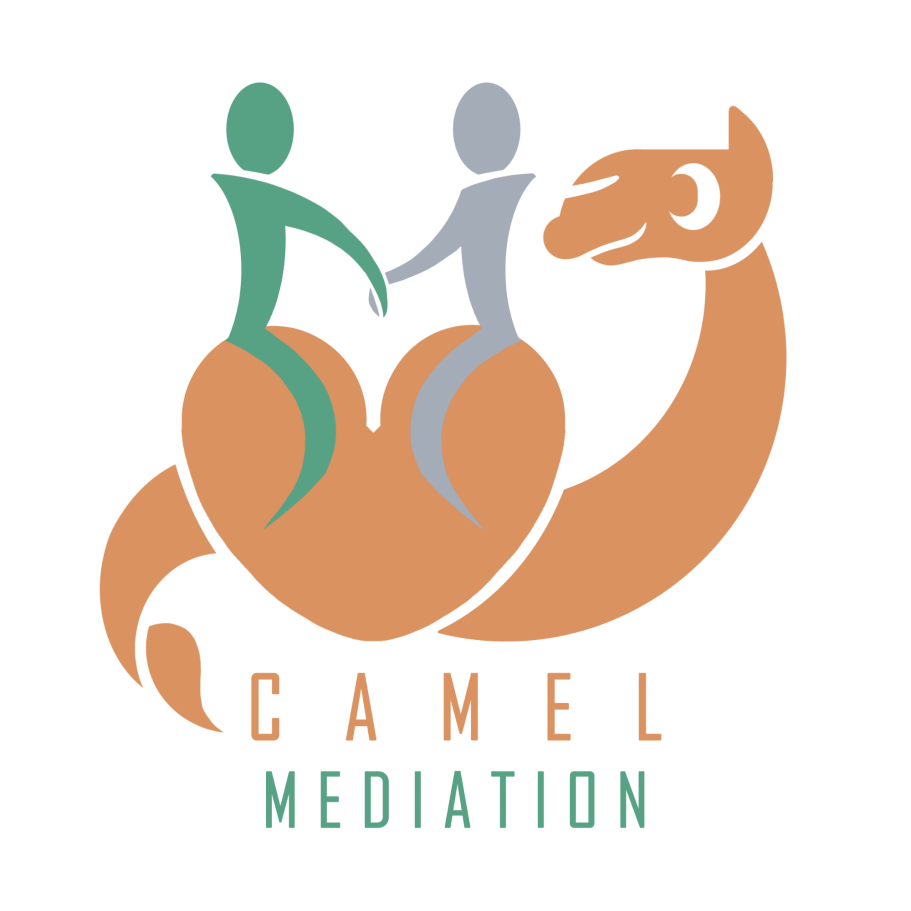
Step 1 - Choose your mediator
• Try and find a mediator who has experience in your type of dispute. Whilst in theory a mediator can mediate any type of dispute, if the matter is technical, we find it helps to have a mediator who understands the issues.
• Experience – all of our mediators have over 10 year’s experience (some over 20!). Make sure you have a safe pair of hands with the experience to get your dispute settled.
• Obtain the other side’s agreement to the mediator, be honest with your reasons and hopefully they will agree!
Step 2 - Pick a date and book
• Mediations can be arranged at short notice, often within 14 days. If your mediation is for half a day, or on-line this time can be even shorter.
• Let the mediator know the dates you can and can’t do, and if you prefer, I can liaise with the other participant and provide you with a shortlist of suitable dates.
• Pay me please. I’ll have to release the dates online for other participants to book if payment is not prompt.


Step 3 - Sign the agreement
• You will receive a draft copy of the agreement. A typical standard mediation agreement can be seen here. It contains everyone’s details and sets out the terms of the mediation. – such as its confidential nature, and how you have the means and the will to settle the dispute on the day.
• Make sure you sign this in advance of the mediation so that everything can proceed on the day. If you are happy to sign electronically, I can arrange that.
Step 4 - Brief the mediator
• I’ll ask you to prepare a ‘mediation statement’. This is a better term (I think) for the more familiar ‘position statement’ which reads as though someone has their arms crossed and won’t be budging an inch. If you want some tips on preparing my version of a ‘mediation statement’ you’ll find them here. Please try to keep this succinct and to less than 10 pages. Less is often more, and if you do need to cut it down, you’ll likely benefit from the process and see the issues more clearly. This is not a court process; I’d prefer not to see a copy and paste of the Letter of Claim / Letter of Response, or worse, the pleadings.
• You will also need to provide the mediator with a bundle of documents that support your case (if appropriate). Sometimes the bundle will be agreed with the other side.


Step 5 - Exchange statements
• Parties have the option of exchanging their mediation statement with the other side before the mediation. If the participants agree to exchange mediation statements, I suggest these should be exchanged seven days before the mediation where possible, because it allows some breathing time for the participants to consider where the other is coming from. Of course, you won’t agree at all on a first read, but if you allow their viewpoint to percolate with you, you might already begin to consider solutions to your problem. Think creatively on it where you can. All solutions can be carefully considered at mediation, even the wildcards.
• If you don’t agree with the other side to exchange mediation statements, I still need them. Unless agreed otherwise by the participants, the mediation statements will always remain confidential to the mediator. Sometimes it is useful not to exchange mediation statements, it can allow for more honesty and reflection to help me best help the participants to resolve the dispute.
Step 6 - The mediation
• The parties will begin in separate rooms – virtual or actual, the choice is yours.
• As mediator, I will shuttle between the parties, or bring both sides into a joint meeting. Whether some, most, none of the mediation is done jointly or separately all depends on the wishes of the participants. In private we’ll discuss your dispute, its strength and weaknesses. We’ll look for common ground upon which the parties can build a settlement, or even new opportunities. We get curious and see what happens.
• If you don’t want to meet the other side, I’ll make sure that doesn’t happen. Often participants begin by saying they absolutely don’t want to meet the other side, and by the end of the mediation, are happy to leave together on good terms. Occasionally they say they absolutely don’t want to meet and find they are in a joint session for most of the afternoon and ‘bygones’ is the word of the day. Sometimes, the participants never meet on the day, and both are very happy with that. It’s your mediation, you decide.


Step 7 - The End
• Any settlement is in writing, but only if the participants want it to be. Most do. Legal advisors usually draw up the settlement, either at the mediation or with the mediation postponed until that is done. I cannot write your settlement agreement for you, so come equipped to deal with the settlement on the day, or have your legal advisor in the room, or on standby on the phone or email.
• If you failed to reach agreement on the day, all is not lost. Although statistically over 70% of mediations settle on the day, some 10% settle shortly after the mediation, and others before a trial. Mediation is rarely ever a pointless exercise. Failed mediations are usually because one party never wanted to mediate in good faith or had unrealistic expectations towards settlement.
• Mediation is like Vegas – what happens in mediation, stays in mediation. It’s strictly a confidential process.
We need your consent to load the translations
We use a third-party service to translate the website content that may collect data about your activity. Please review the details in the privacy policy and accept the service to view the translations.

